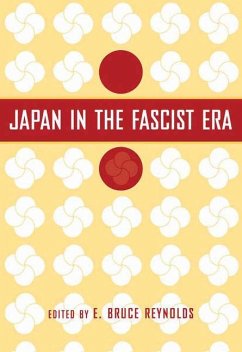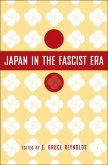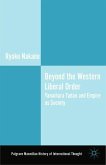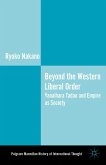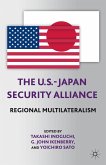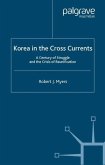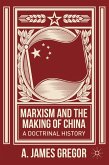In contrast to Euro-centric works on comparative fascism that set Japan apart from Germany and Italy, this book emphasizes parallels between Japan and its Axis Allies. Romantic nationalist ideologies attracted a strong following in all three nations as they emerged as modern states in the late 1800s. In both Germany and Japan these were, from the beginning, strongly racial in nature. Spurred by grievances against the 'status quo' powers, all three took up aggressive policies in the 1930s, producing a short-lived 'fascist era'. Japan's prominent role demands a broader perspective and consideration of 'fascism' as more than a purely European phenomenon.
"Not until recently have historians dared to approach Japanese fascism without ideological blinders. As a result, the postwar emphasis on Japan's peaceful, pragmatic, revolution from above is being transcended, as well as the distortions of Euro-centrism and the obsession with Japan's uniqueness. Drawing on a vast range of sources and analyses, six historians advance a new genre of scholarship, "Axis Studies," which unambiguously includes Japan. In chapters ranging from Japan's typically fascist ideology of superiority over the Chinese to its indigenous anti-Semitism, Reynolds and his colleagues make a splendid contribution to understanding both fascism and modern Japan. "
- Chalmers Johnson, author of MITI and the Japanese Miracle
"Originating in a 2002 Association for Asian Studies panel, Japan in the Fascist Era is an in-depth study focusing on Japan but in a comparative context involving Germany and Italy. Japan had no charismatic leader, as in Germany and Italy, but it did have a charismatic imperial institution. Likewise, Japan had no mass movement from below as in the 1922 March on Rome, but it did have a massive bureaucratic mobilization that quite possible was the envy of Germany and Italy. This series of excellent essays explores the deliberate irrationalism, militarism, organicism, and hierarchy that all Axis Alliance partners shared. Students of inter-war Japan as well as students of generic fascism will find this book most worthwhile."
- David A. Titus, Wesleyan University
- Chalmers Johnson, author of MITI and the Japanese Miracle
"Originating in a 2002 Association for Asian Studies panel, Japan in the Fascist Era is an in-depth study focusing on Japan but in a comparative context involving Germany and Italy. Japan had no charismatic leader, as in Germany and Italy, but it did have a charismatic imperial institution. Likewise, Japan had no mass movement from below as in the 1922 March on Rome, but it did have a massive bureaucratic mobilization that quite possible was the envy of Germany and Italy. This series of excellent essays explores the deliberate irrationalism, militarism, organicism, and hierarchy that all Axis Alliance partners shared. Students of inter-war Japan as well as students of generic fascism will find this book most worthwhile."
- David A. Titus, Wesleyan University

